“If you look behind the statistics, India is a country deeply rooted in patriarchal culture.”- Sohini Bhattacharya
In this episode, Ashutosh Garg converses with Sohini Bhattacharya, the CEO & President of ‘Breakthrough India’, a global human rights organization working to drive the culture change we need to build a world in which all people live with dignity, equality, and respect. Sohini has thirty years of experience in the social sector, a large part of it working on women related programmes and ten years of experience promoting social entrepreneurship and building an ecosystem for them. Sohini talks about the three key milestones in her life. She elaborates on the working and methodology of ‘Breakthrough’. The activist shares valuable thoughts about correcting gender bias. Sohini sheds light on how certain villages in India interprets the birth of a baby girl as an addition to their liabilities. The case of steady decline in women’s participation in labour force is examined later. Sohini opines about how to change the attitude of the society as a whole. ‘We use media, art, and technology to drive cultural changes and dismantle cultural norms that lead to violence and discrimination’, Sohini adds. Before concluding, Sohini talks about her sources of inspiration. She explains how she is rethinking life in the new world order.
Sohini Bhattacharya, CEO & President at Breakthrough
Profile
Sohini Bhattacharya is an intrepid intrapreneur and social change enthusiast who has 25+ years of experience in the development sector. Currently she is CEO & President at Breakthrough, a transnational organization working in U.S. and India using multi-media, popular culture, leadership development and community engagement strategies to prevent gender-based violence. Breakthrough works with 400,000 adolescents and 12,000 women and men across 5 states of India. Sohini started her career working on an Unicef-funded project to create communication materials for the Year of the Girl-child with active participation from rural women in the villages of West Bengal with Child In Need Institute (CINI), a premier Maternal and Child Health organization in India. For the next four years she coordinated the fundraising efforts at the organization as well as help set up the income generation unit for rural women within the CINI catchment area. In 1992 she helped set up Jeevika Development Society, where she worked with rural women enabling them to start income generation and micro-credit programs, training them to do non-traditional income-generation work, like poultry and pig-rearing, as well as more traditional skills like embroidery and sewing.

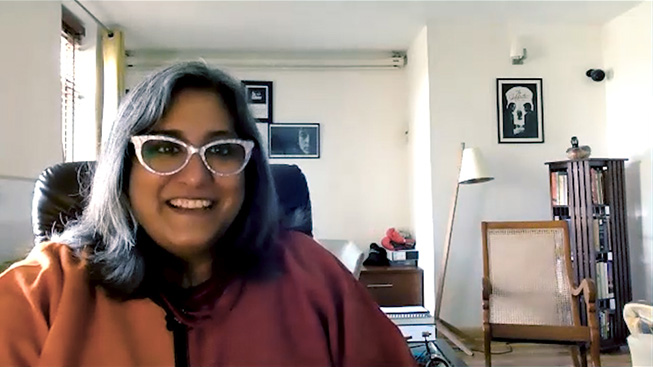


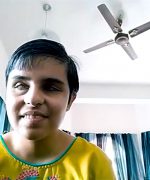


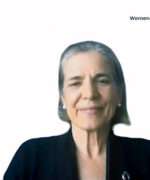
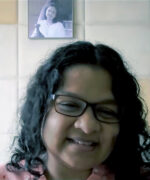


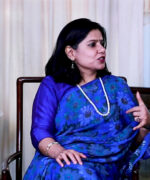

Reviews
There are no reviews yet.